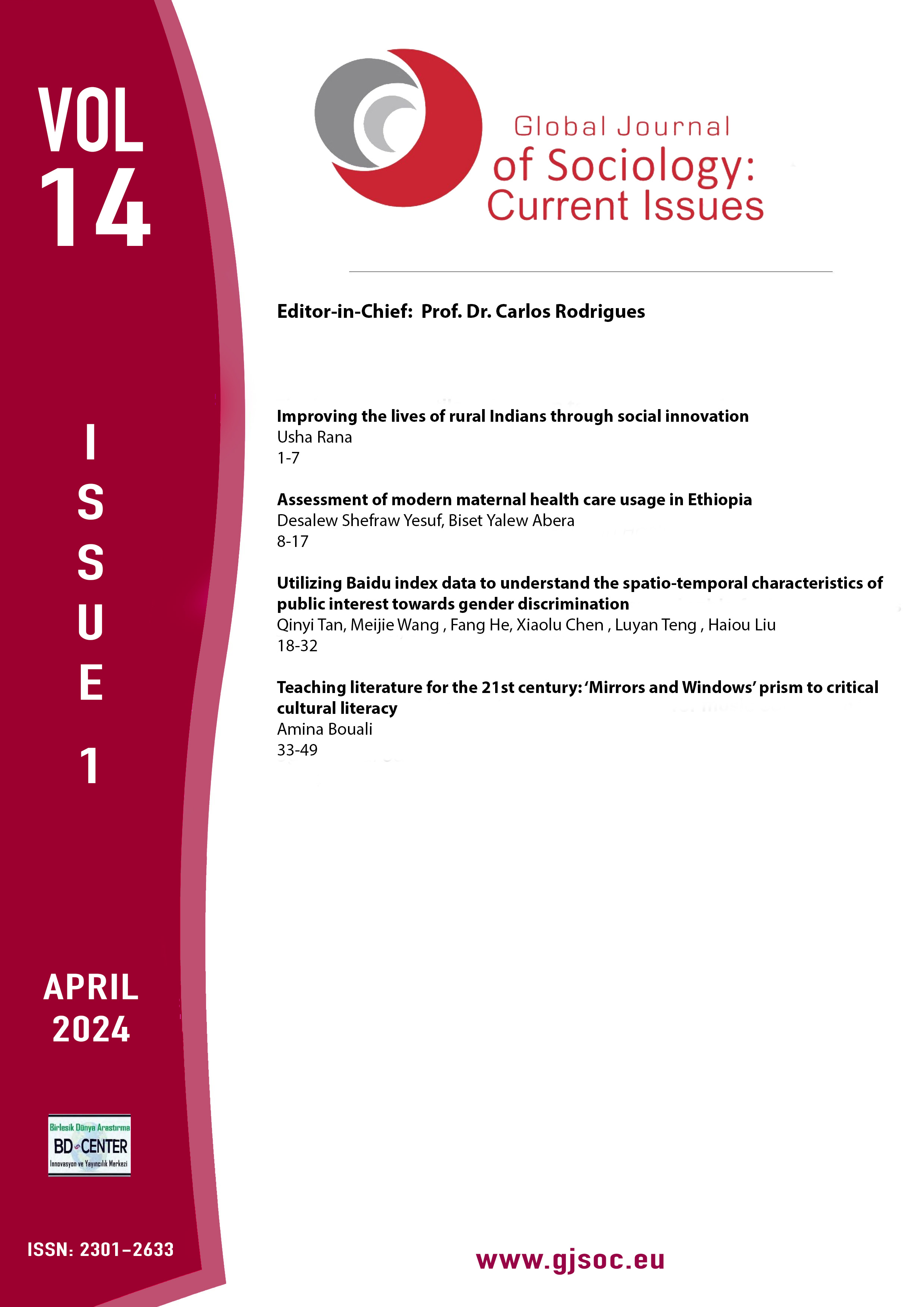Utilizing Baidu index data to understand the spatio-temporal characteristics of public interest towards gender discrimination
Main Article Content
Abstract
Gender equality has always been a hot topic of global concern. This study aims to understand the temporal and spatial characteristics of public interest towards gender discrimination in China, providing information support for eliminating gender discrimination and promoting social equity in China, to achieve the United Nations Sustainable Development Goal 5. It uses the Baidu Index as the research tool, selecting gender discrimination as the keyword, taking July 1, 2013, to October 13, 2022, as the research interval to analyze the trend research, demand map, and population portrait of gender discrimination. It is found that the search trend of gender discrimination is slowly rising year by year, from the overall trend of personal computers (PC) and mobile. The peak appears periodically during the Spring Festival and summer vacation each year; "Gender discrimination" has a significant peak in early March 2017 and mid-June 2022. Additionally, the public also shows great concern for discrimination and racial discrimination. Most netizens who pay attention to gender discrimination come from East China.
Keywords: Baidu index; gender discrimination; public interest; search engine; social concern
Downloads
Article Details
- Authors retain copyright and grant the journal right of first publication with the work simultaneously licensed under a Creative Commons Attribution License that allows others to share the work with an acknowledgement of the work's authorship and initial publication in this journal.
- Authors are able to enter into separate, additional contractual arrangements for the non-exclusive distribution of the journal's published version of the work (e.g., post it to an institutional repository or publish it in a book), with an acknowledgement of its initial publication in this journal.
- Authors are permitted and encouraged to post their work online (e.g., in institutional repositories or on their website) prior to and during the submission process, as it can lead to productive exchanges, as well as earlier and greater citation of published work (See The Effect of Open Access).
